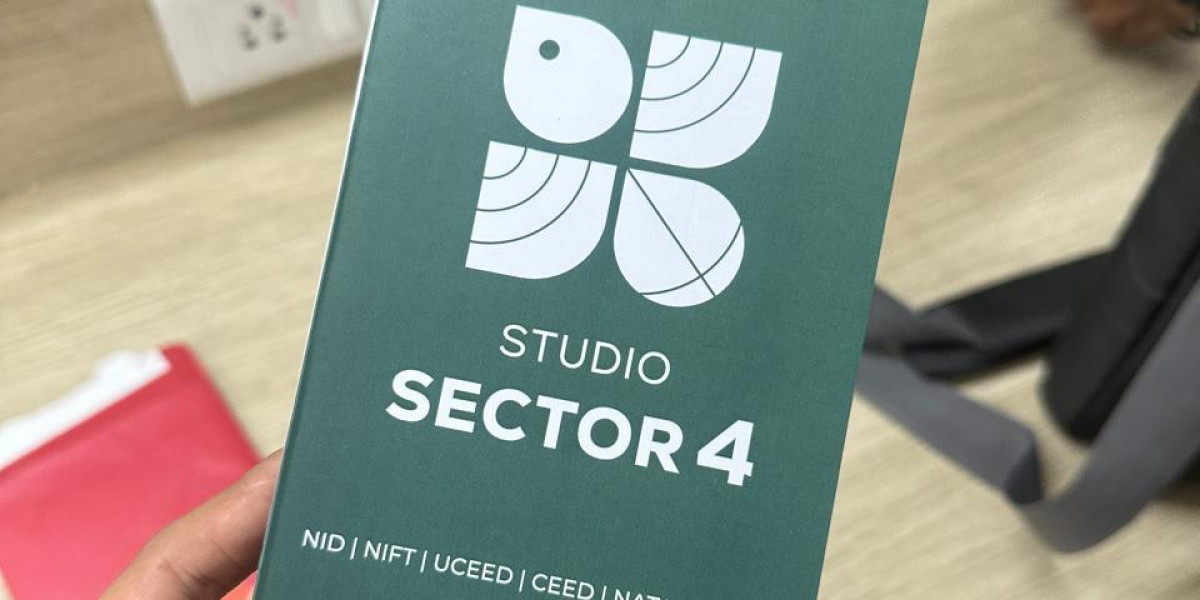Introduction
A neurodevelopmental condition that impacts both adults and children is Attention Deficit Hyperactivity Disorder (ADHD). Symptoms including impulsivity, hyperactivity, and inattention are what define it. While medication is often used in the treatment of ADHD, behavioral therapy plays a crucial role in managing the symptoms and improving overall functioning. In this article, we will explore the importance of behavioral therapy as a key component in ADHD treatment.
What is ADHD Therapy?
ADHD therapy encompasses a range of treatments aimed at helping individuals with ADHD better manage their symptoms and improve their quality of life. Behavioral therapy, also known as behavior modification, is one of the most common forms of therapy used in the treatment of ADHD. This type of therapy focuses on changing behaviors and developing coping strategies to address the challenges associated with ADHD.
How does Behavioral Therapy Work?
Behavioral therapy for ADHD typically involves identifying problematic behaviors and implementing strategies to modify them. This may include setting specific goals, using positive reinforcement, and teaching skills such as time management and organization. Through regular sessions with a trained therapist, individuals with ADHD can learn new ways to address their symptoms and improve their ability to function in daily life.
Can Behavioral Therapy Benefit Individuals with ADHD?
Yes, behavioral therapy can be highly beneficial for individuals with ADHD. Research has shown that behavioral therapy can help reduce symptoms of ADHD, improve academic and occupational functioning, and enhance social relationships. By learning to effectively manage their symptoms, individuals with ADHD can experience greater success and fulfillment in various areas of their lives.
The Role of Behavioral Therapy in ADHD Treatment
Behavioral therapy plays a crucial role in the overall treatment of ADHD. While medication can help alleviate symptoms, behavioral therapy focuses on teaching individuals with ADHD how to overcome challenges and develop skills to better cope with their condition. By addressing behavioral patterns and implementing effective strategies, individuals can learn to manage their symptoms and improve their overall functioning.
Key Components of Behavioral Therapy for ADHD
Some key components of behavioral therapy for ADHD include:
Behavioral Modification Techniques: This may include identifying triggers for impulsive behavior and developing strategies to address them.
Cognitive-Behavioral Therapy: This type of therapy focuses on changing negative thought patterns and developing more adaptive behaviors.
Parent Training: Parents of children with ADHD can benefit from learning strategies to help support their child's treatment and manage challenging behaviors.
School-Based Interventions: School-based interventions can help teachers and school staff better support students with ADHD and create a more conducive learning environment.
The Benefits of Behavioral Therapy for ADHD
Behavioral therapy offers numerous benefits for individuals with ADHD, including:
Improved Self-Regulation: By learning techniques to manage impulsivity and improve focus, individuals with ADHD can better regulate their behavior.
Enhanced Coping Skills: Behavioral therapy equips individuals with ADHD with the tools they need to cope with challenges and navigate everyday tasks more effectively.
Better Social Skills: Through behavioral therapy, individuals can improve their social skills and build stronger relationships with others.
Increased Self-Esteem: By achieving success in managing their symptoms, individuals with ADHD can experience a boost in self-esteem and confidence.
In conclusion, behavioral therapy is a vital component of ADHD treatment that can help individuals with the disorder develop important skills and strategies to better manage their symptoms and improve their overall quality of life. By working with a trained therapist and implementing effective techniques, individuals with ADHD can experience significant benefits and achieve greater success in various aspects of their lives.







